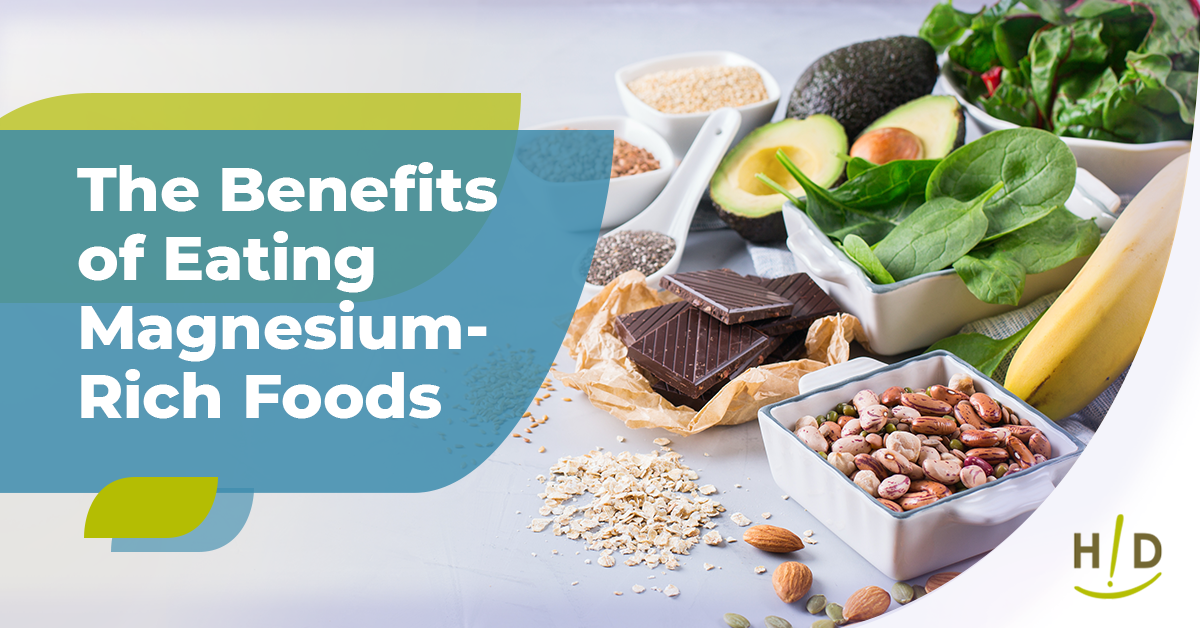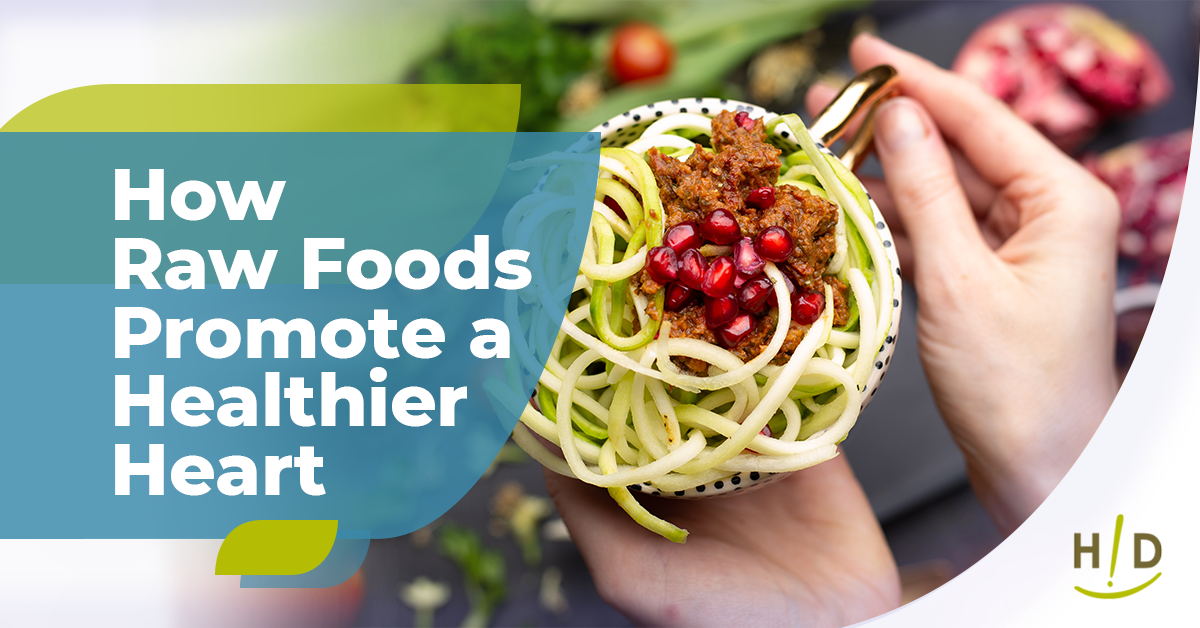You strive to keep yourself healthy, to avoid disease, and to age well. However, what you may not know is that a molecule, known as the body’s master antioxidant, produced in the body may be one of the most important molecule you need to stay healthy and prevent disease. This molecule is glutathione (pronounced “gloota-thigh-own”), and it’s known for its anti-aging power as well as its benefit in fighting cancer, heart disease, dementia, and other chronic diseases. Dr. Mark Hyman, Medical Director at Cleveland Clinic’s Center for Functional Medicine, describes glutathione as the most important molecule you need to stay healthy and to prevent disease. He goes on to say that “problems occur when we are overwhelmed with too much oxidative stress or too many toxins. Then the glutathione becomes depleted, and we can no longer protect ourselves against free radicals, infections, or cancer, and we can’t get rid of toxins. This leads to further sickness, and soon we are in the downward spiral of chronic illness.”
The Pros of Consuming Foods Rich In Nutrients That Support Glutathione Production
The good news is that you can do many things to increase levels of this natural and vitally important molecule in your body. You can exercise, get enough sleep, avoid drinking too much alcohol, and, of course, seek out a glutathione promoting diet. The benefits in doing all of this to boost your glutathione levels include:
- Reduced oxidative stress
- Improved psoriasis
- Reduced cell damage in alcoholic and nonalcoholic fatty liver disease
- Improved insulin resistance in older individuals
- Increased mobility for people with peripheral artery disease
- Reduced symptoms of Parkinson’s disease
- May help fight against autoimmune disease
- May reduce oxidative damage in children with autism
- May reduce the impact of uncontrolled diabetes
- May reduce respiratory disease symptoms.
Since our glutathione levels are known to decrease with age, as well as due to the oxidative stress and toxin overload, maintaining adequate levels of this antioxidant is incredibly important. The good news is that glutathione levels can be increased by following a healthy diet built along the lines suggested by Kaitlyn Berkheiser, RD, LDN from Healthline:
- Consume sulfur-rich foods such as cruciferous vegetables like broccoli, Brussels sprouts, cauliflower, kale, watercress, and mustard greens.
- Increase your vitamin C intake, which is found in a variety of foods, particularly fruits and vegetables.
- Add selenium-rich foods to your diet: While beef, chicken, fish, organ meats, and cottage cheese are recognized sources of selenium we discourage the use of these foods for many other reasons. If you’re following a plant-based diet, then include organic whole grains, brown rice, sunflower seeds, mushrooms, and especially Brazil nuts.
- Eat foods naturally rich in glutathione, which include asparagus—the highest plant-based source of glutathione, okra, rice, a variety of spices, rosemary, and avocados, to mention just a few. Cooking depletes the glutathione in these foods.
- Supplement with whey protein, but not if following a plant-based diet.
- Milk thistle.
- Turmeric extract.
Dr. B.J. Hardick, the author of Align Your Health, reminds us that the top ten glutathione-containing foods are actually plants. Keep in mind that, to get the most glutathione out of raw, uncooked foods, be sure your gut is healthy. This means you should address issues such as upset stomach and eliminate processed foods and added sugars. Lower your stress levels, get enough sleep, eat slowly, stay hydrated, take a prebiotic or probiotic, and check for food intolerances. Also, be prepared to change up your diet to include plenty of fiber-rich plant-based foods. In addition to eating plant-based foods, you could also add some targeted supplementation in the form of the Hallelujah Diet®’s Selenium Glutathione Promoter, which is a combination of selenium and select antioxidants designed to boost your immune system defenses.
The Cons of Consuming Glutathione-Rich Foods
A diet rich in glutathione-boosting foods should not pose any risks to you. However, taking supplements may not be advisable for everyone. One source outlines the following known possible side effects from supplements which may include:
- Abdominal cramps and bloating, both of which could be related to the topic of gut health mentioned above.
- Trouble breathing due to bronchial constriction.
- Allergic reactions, such as a rash.
Another source highlights the possible risks of taking glutathione, also in supplement form:
- Lower zinc levels when glutathione is taken long-term.
- Inhaled glutathione may also trigger asthma attacks in people who have asthma. Symptoms may include wheezing.
- Experts are not sure if taking glutathione is safe during pregnancy and while breastfeeding, and it’s best avoided.
- There might be side effects or interactions with any medications.
The Clincher
Although not specifically food-related, Dr. Hardick leaves us with this thought: “If you wish to boost your glutathione naturally, get off your butt. The first longitudinal study measuring the effect of exercise on glutathione levels found a positive connection—physical activity increased glutathione. A combination of cardio and weight training was most effective.”






